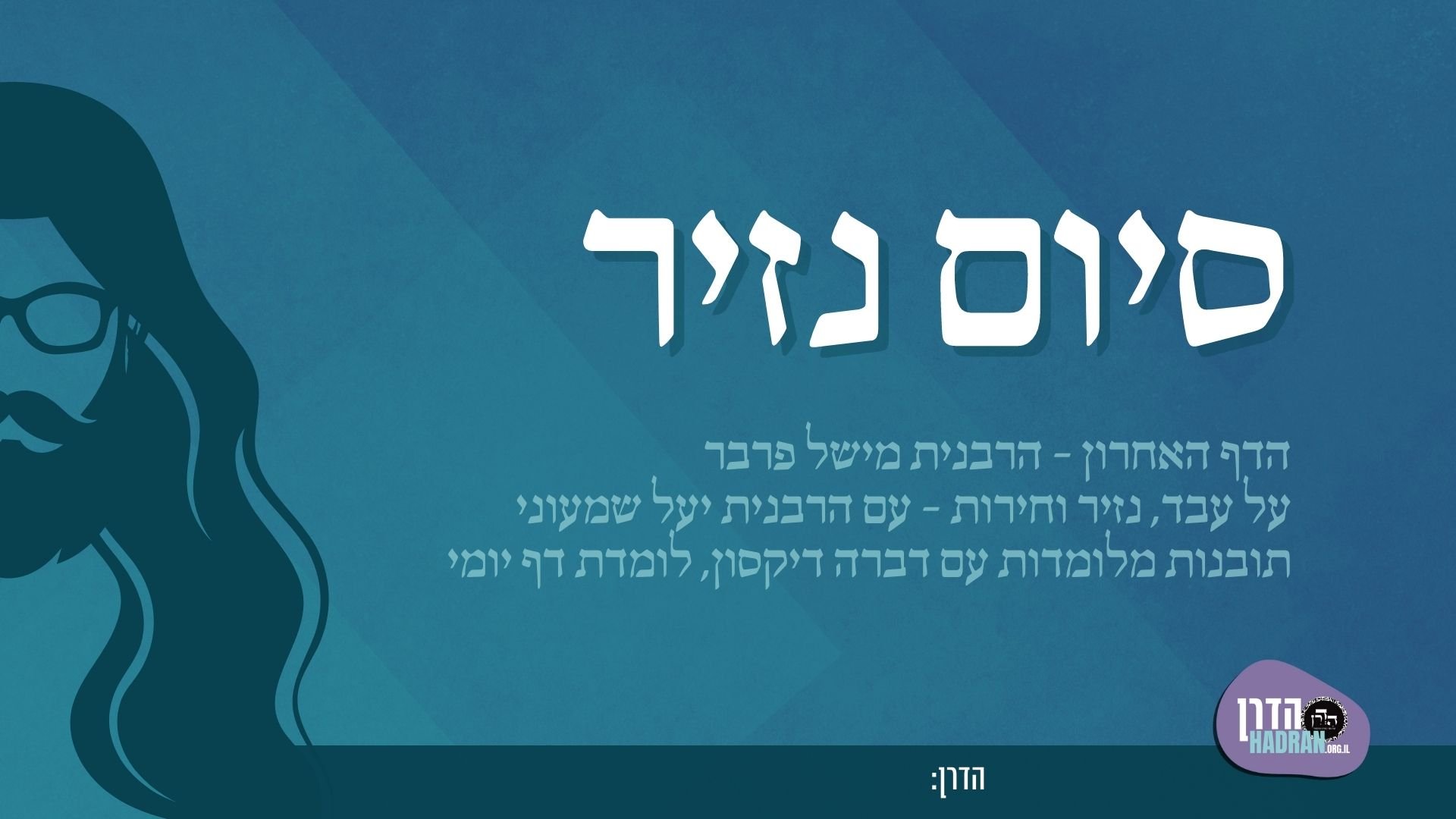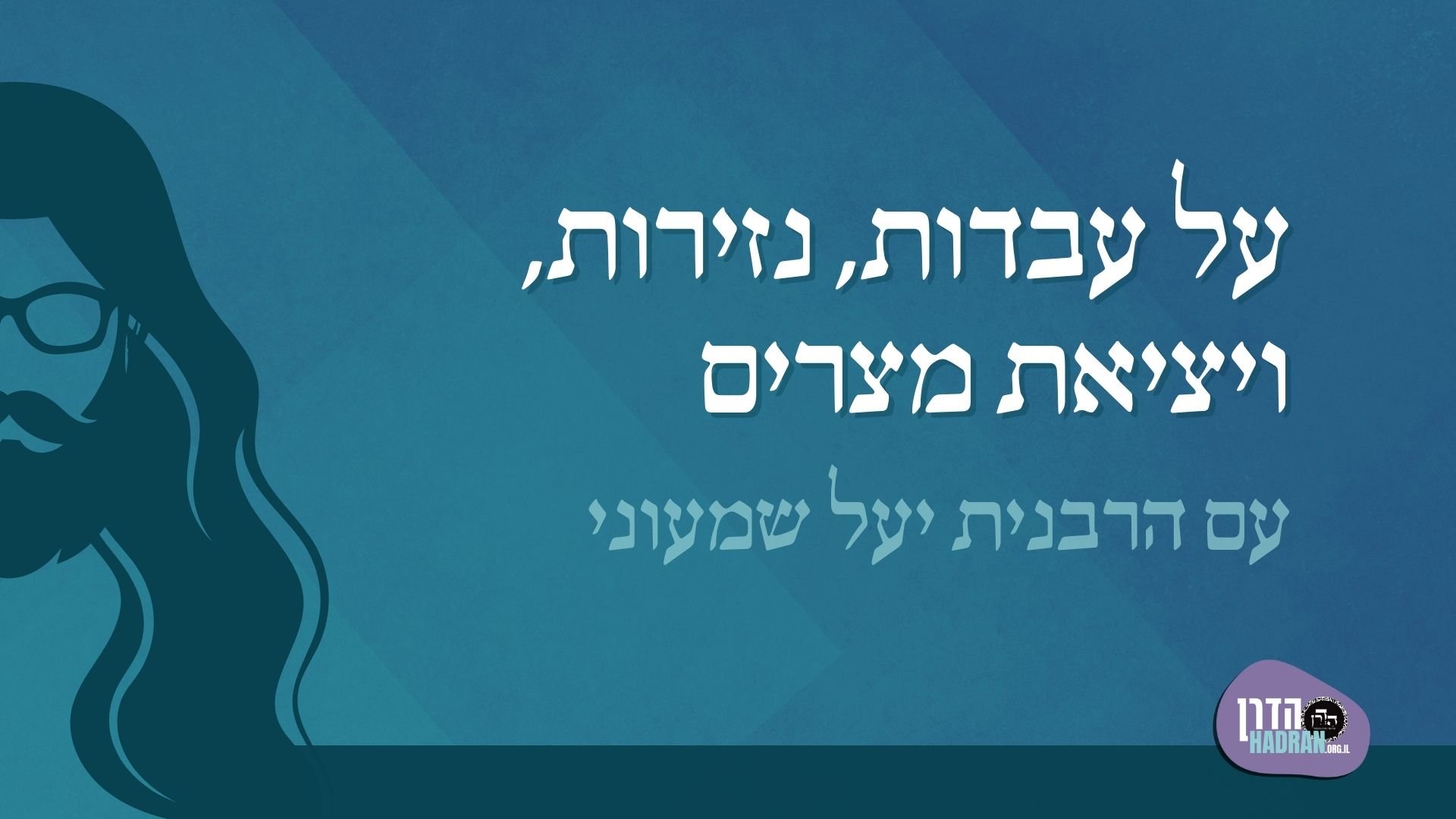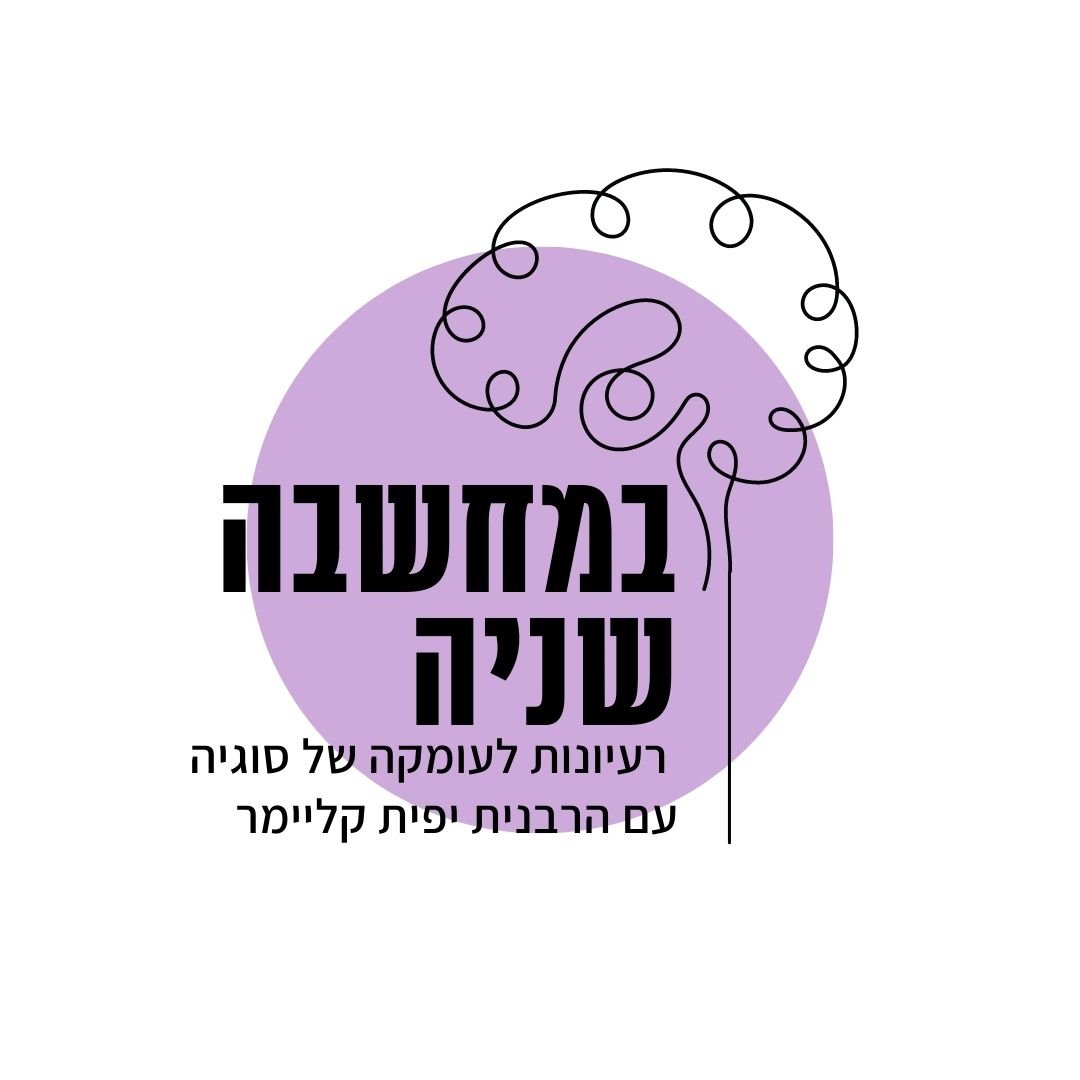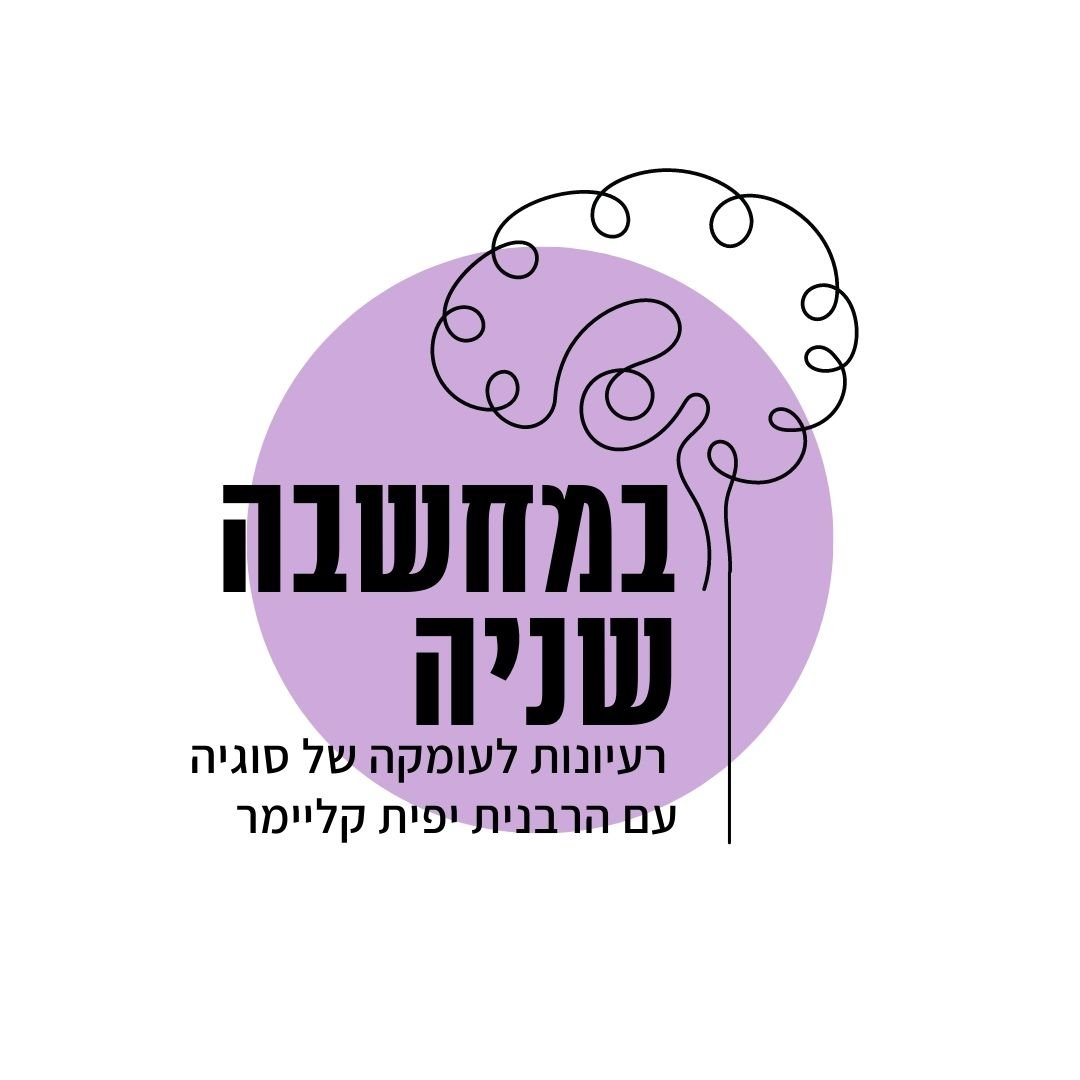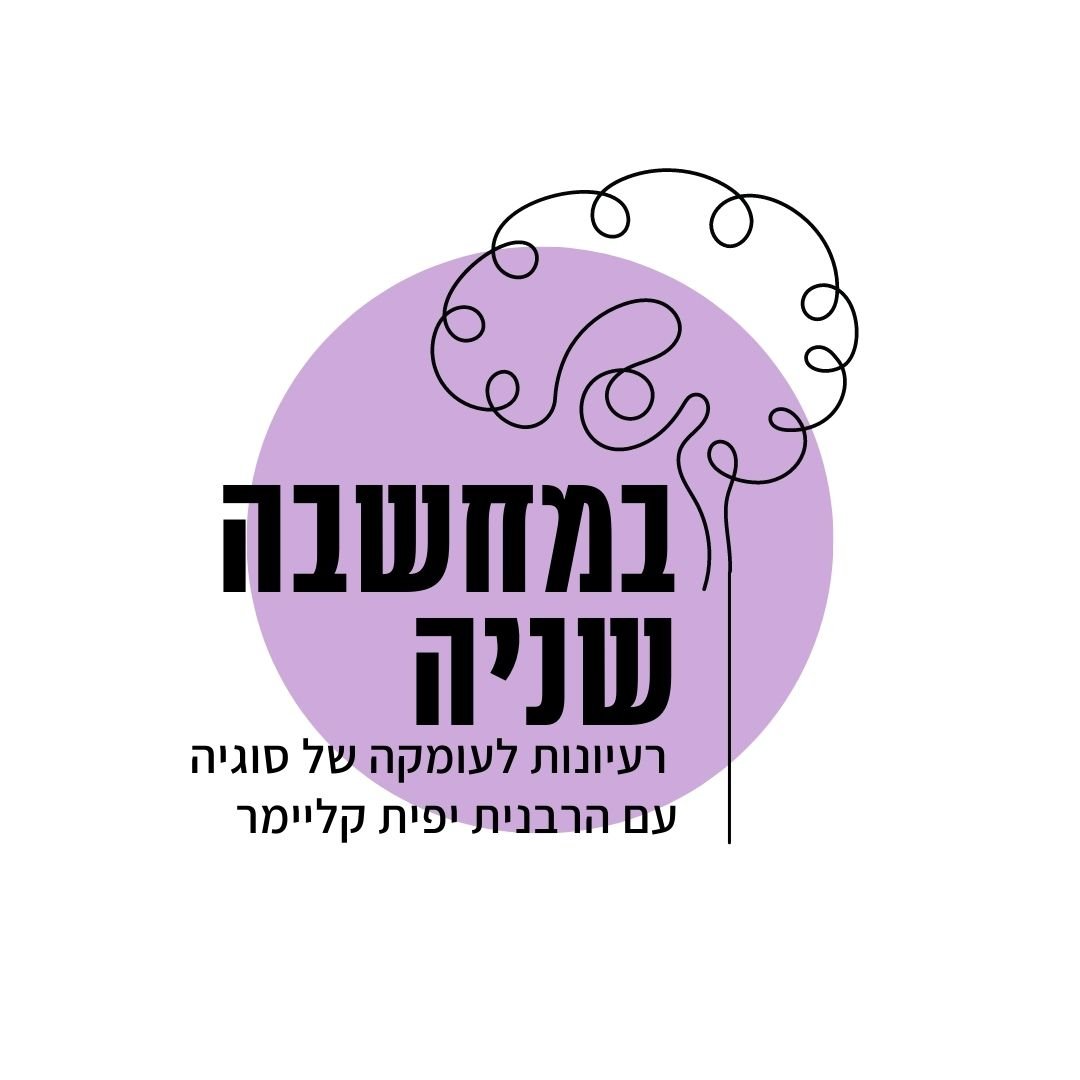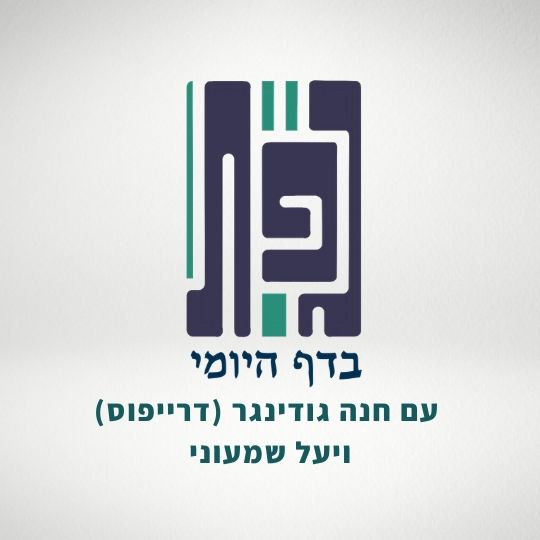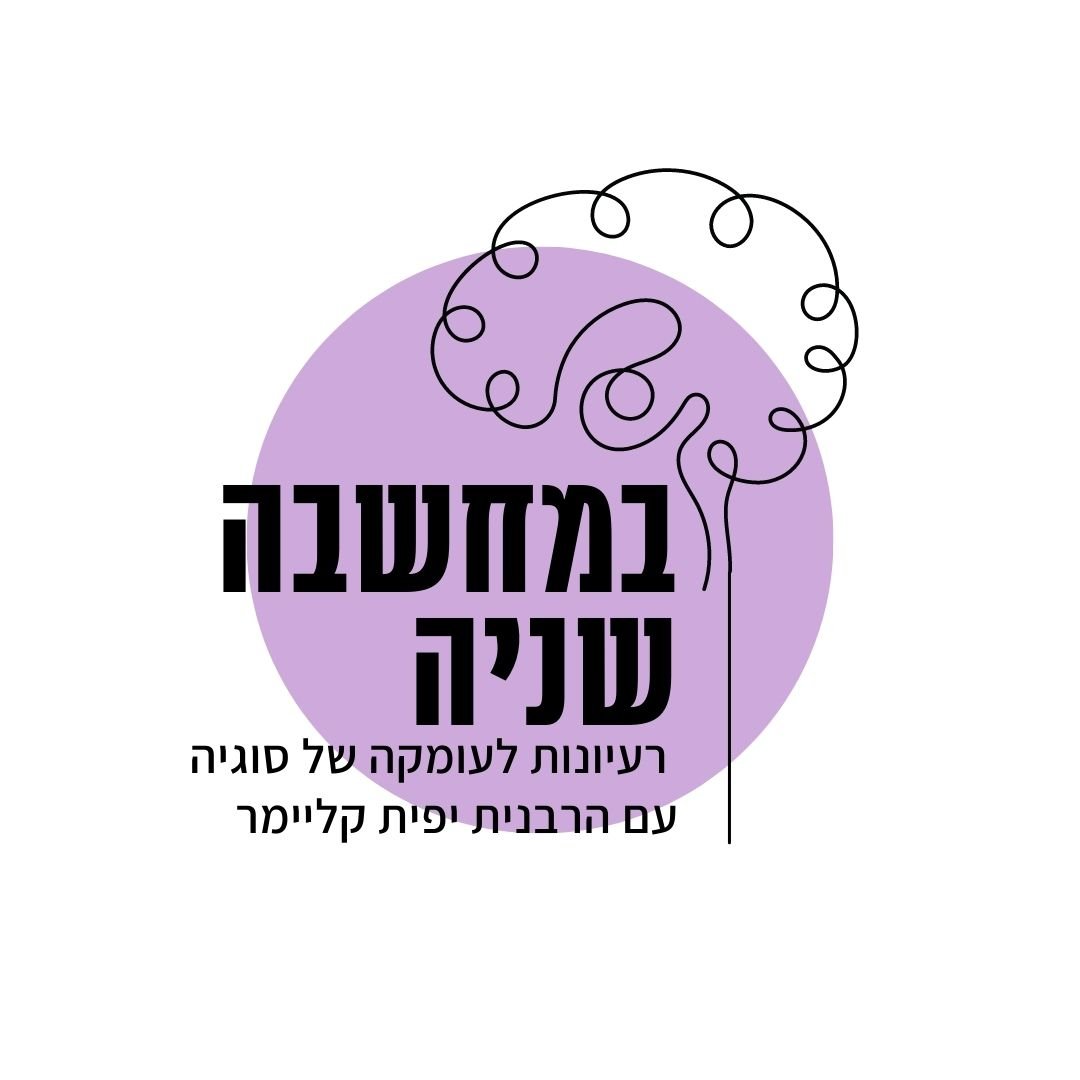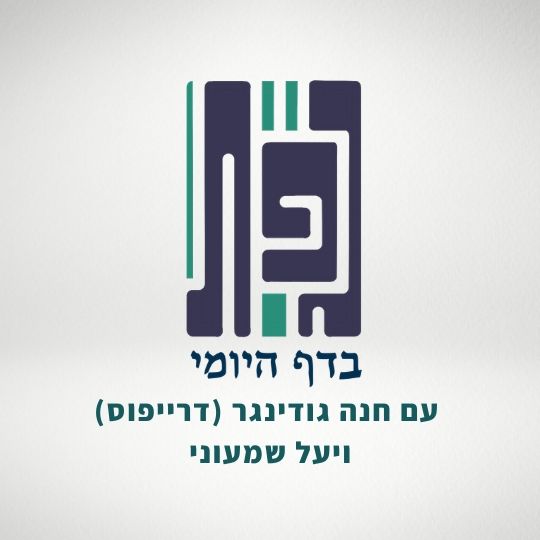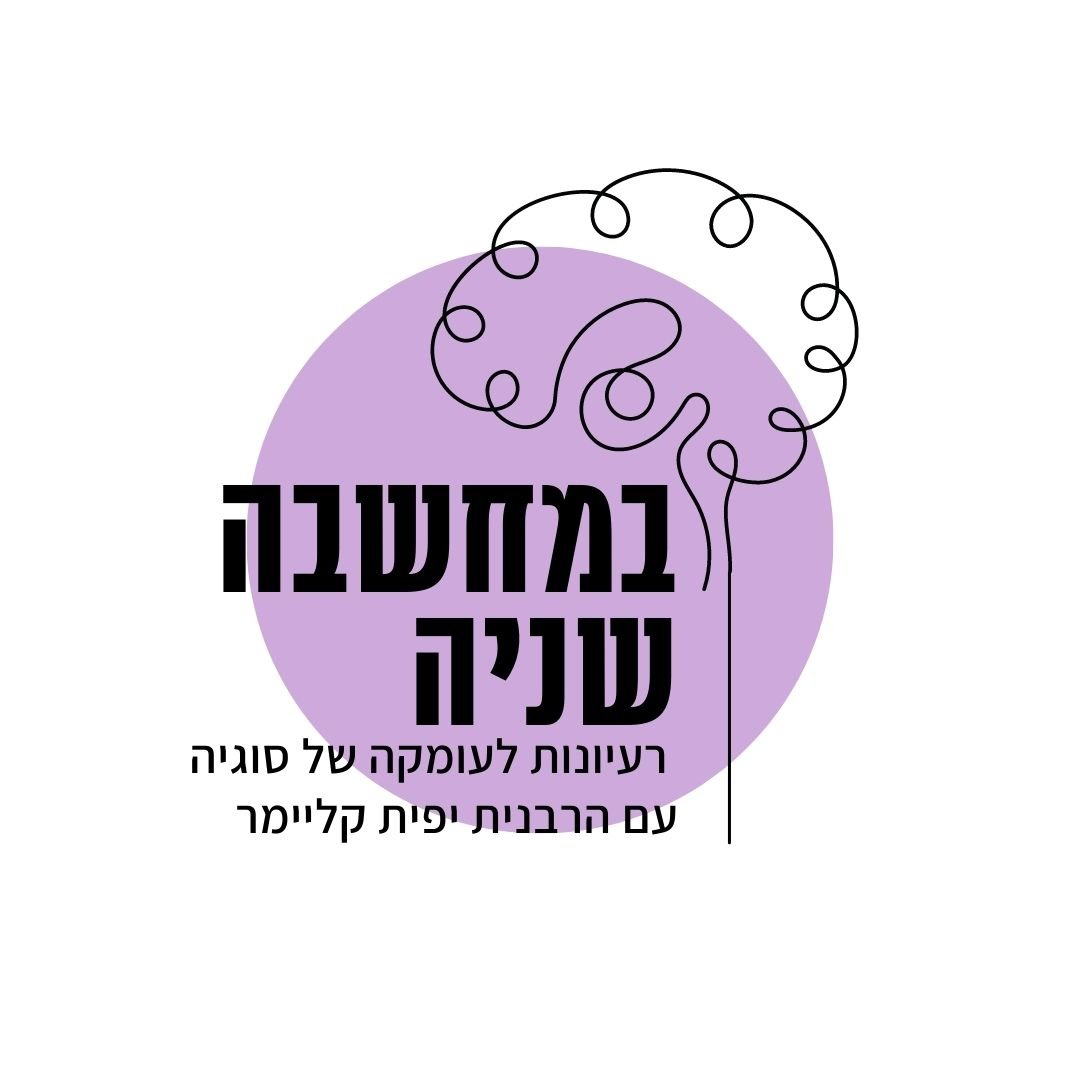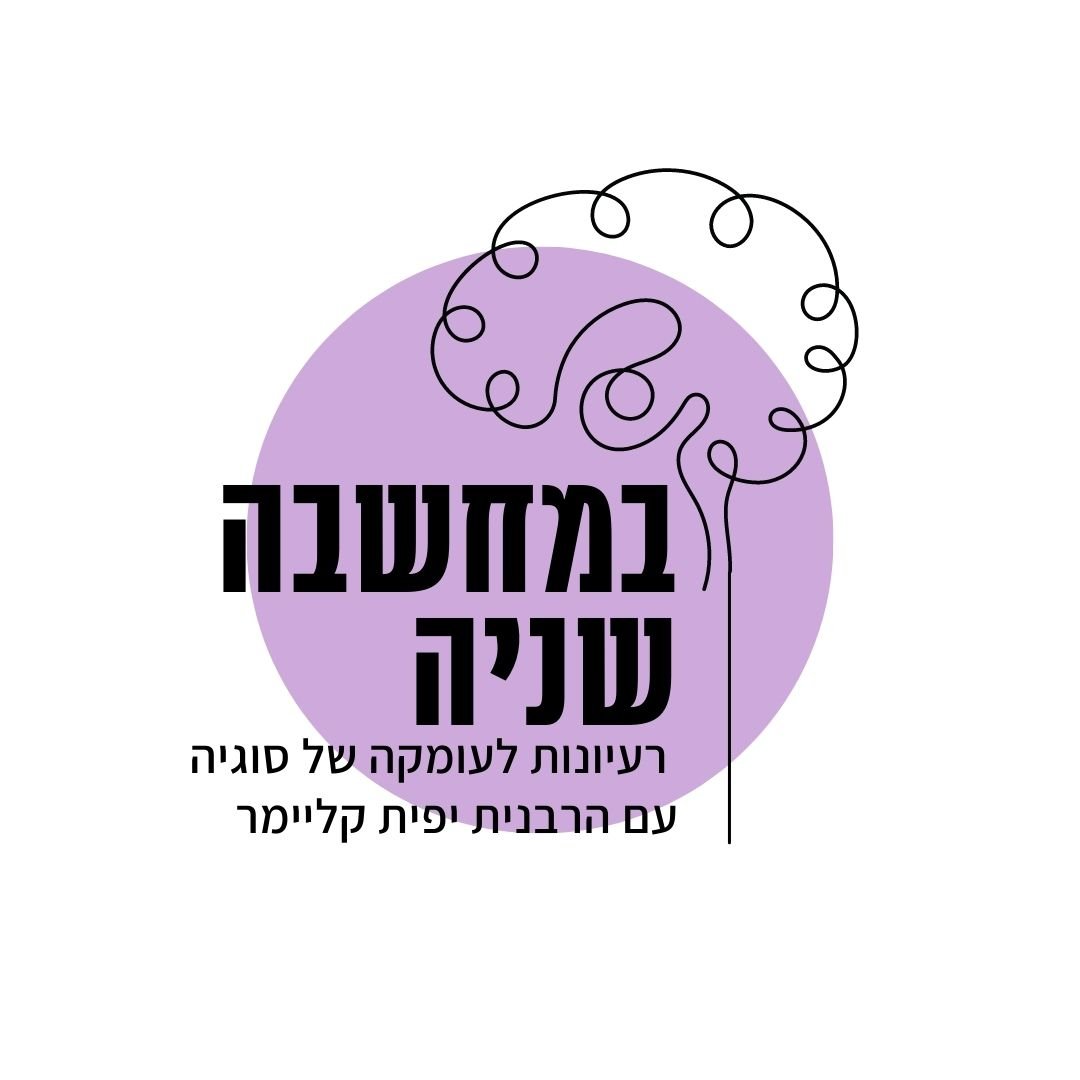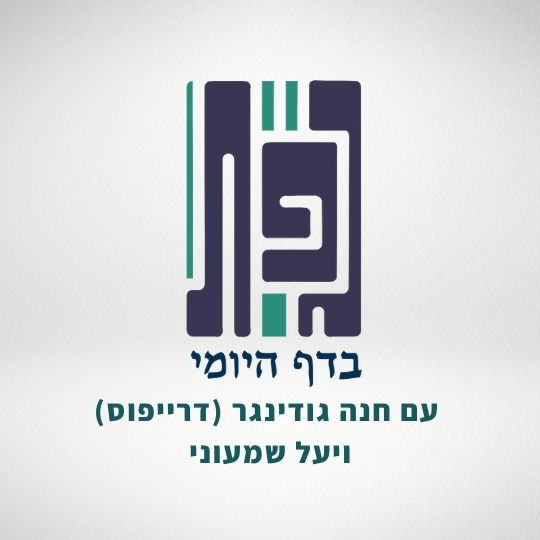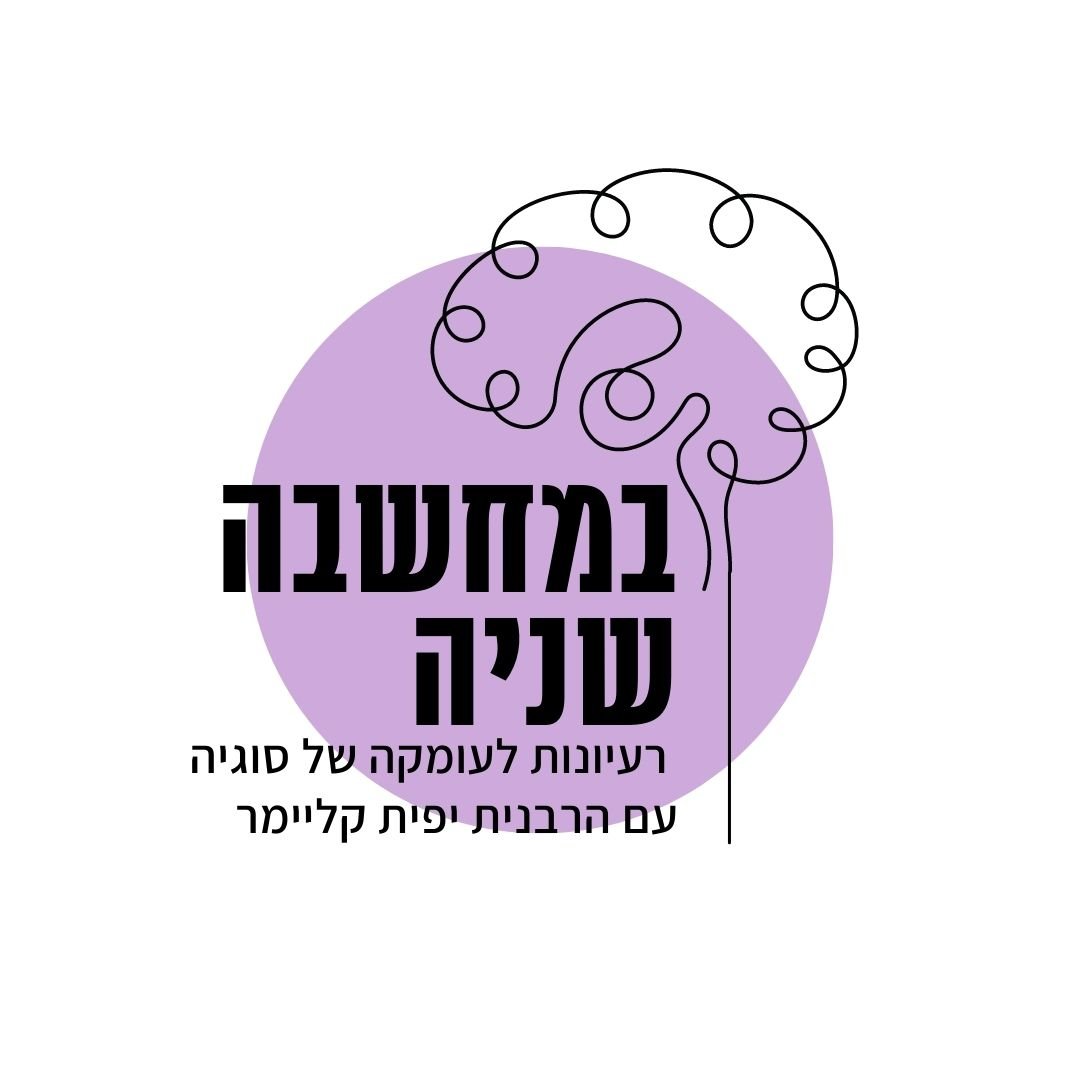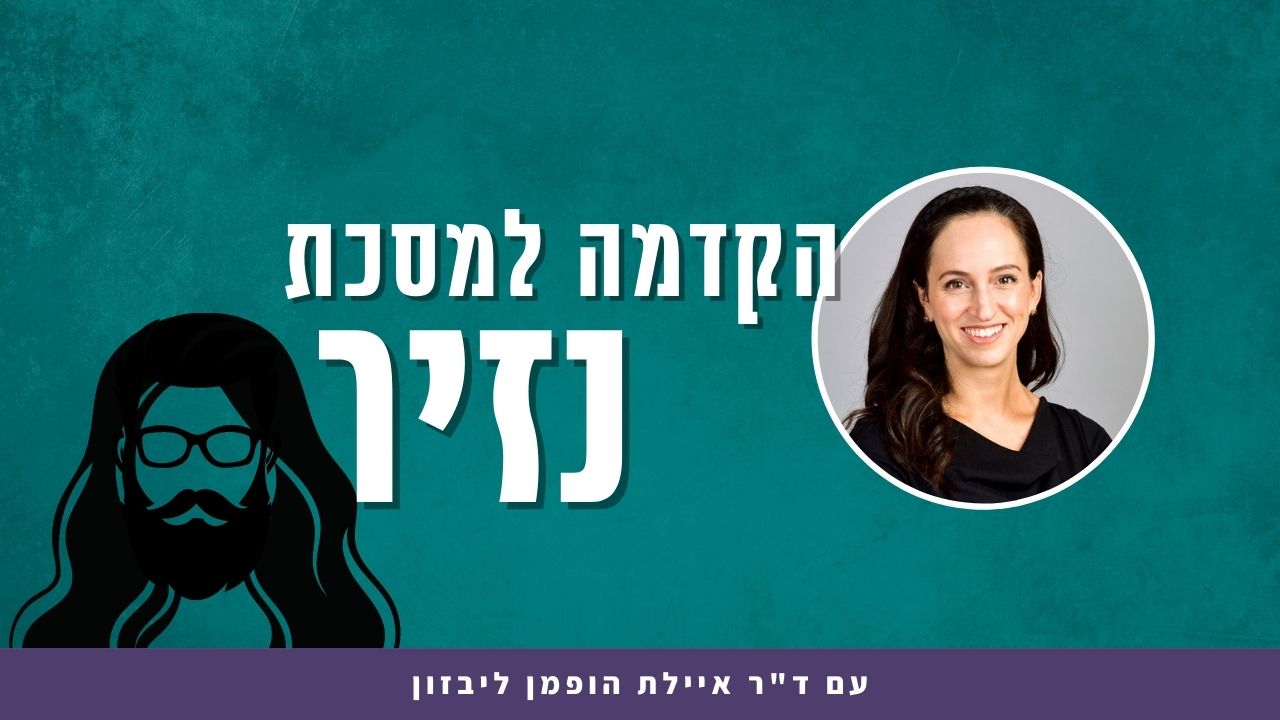נזיר מה
מִכְּדֵי שַׁעֲרֵי נִיקָנוֹר הֵיכָא קָיְימִין — בְּשַׁעֲרֵי לְוִיָּיה.
Abaye continues: Now consider the Gate of Nicanor, where all those lacking atonement stand to bring their offerings; where is it located? In the gates of the Levites. Three camps are detailed in the verses, each having its own restrictions as to who may or may not enter them (see Numbers, chapter 5). The verses speak of the camps of the Jewish people in the wilderness, and the Sages taught that the statuses of certain areas of Jerusalem corresponded to those camps. The camps in the wilderness were the Israelite camp, the Levite camp, and the camp of the Divine Presence. They correspond to Jerusalem, the Temple Mount, and the Temple itself. The Gate of Nicanor had the status of the Levite camp.
וְהָתַנְיָא: טְמֵא מֵת מוּתָּר לִיכָּנֵס בְּמַחֲנֵה לְוִיָּיה, וְלֹא טְמֵא מֵת בִּלְבַד אֶלָּא אֲפִילּוּ מֵת עַצְמוֹ, שֶׁנֶּאֱמַר: ״וַיִּקַּח מֹשֶׁה אֶת עַצְמוֹת יוֹסֵף עִמּוֹ״, מַאי ״עִמּוֹ״ — עִמּוֹ בִּמְחִיצָתוֹ, עִמּוֹ בְּמַחֲנֵה לְוִיָּיה.
Abaye continues: But isn’t it taught in a baraita (Tosefta, Kelim 1:8) that one who is impure due to contact with a corpse is permitted to enter the Levite camp; and not only one impure from a corpse, but even a corpse itself may be brought inside the Levite camp, as it is stated: “And Moses took the bones of Joseph with him” (Exodus 13:19). The baraita explains: What is the meaning of “with him”? The phrase “with him” indicates that Joseph’s bones were taken within Moses’s boundary, with him in the Levite camp. This demonstrates that even a corpse may be brought into the Levite camp. If so, certainly a nazirite who was impure from contact with a corpse and who has been sprinkled and immersed may enter there. Consequently, the halakha that a nazirite must wait until the eighth day to sacrifice his offerings cannot be due to a prohibition against entering the Gate of Nicanor. One can similarly infer that the halakha that a zav who has immersed may not bring his offerings before the eighth day is not because he is prohibited from entering the Gate of Nicanor.
אֶלָּא (אָמַר אַבָּיֵי): טְבוּל יוֹם שֶׁל זָב — כְּזָב דָּמֵי. וַאֲפִילּוּ הָכִי, כֵּיוָן דִּמְחוּסַּר כַּפָּרָה — לָא עָיֵיל.
Rather, Abaye says: The baraita should be understood slightly differently than suggested by the assembly of Rav Natan bar Hoshaya: One who immersed himself that day to release himself from the status of a zav, i.e., a full-fledged zav, who experienced three emissions, not merely two, is considered like a zav with regard to the prohibition against entering the Levite camp. But the reason for this prohibition is not that a zav who immersed himself that day may not enter the Levite camp. Rather, granted that he is permitted to enter the Levite camp in terms of his impurity, even so, since he is lacking atonement, as he has yet to sacrifice his offerings, he may not enter the Levite camp.
וְאִי בְּמַחֲנֵה לְוִיָּיה קָאֵי, אַמַּאי קָא קָרֵי לֵיהּ ״אֹהֶל מוֹעֵד״? לְמֵימְרָא: מָה הָתָם — מְחוּסַּר כַּפָּרָה לָא עָיֵיל, אַף לְמַחֲנֵה לְוִיָּיה נָמֵי — מְחוּסַּר כַּפָּרָה לָא עָיֵיל.
Abaye elaborates: The reason he may not enter is that the Torah states with regard to a zav: “And he shall come before the Lord to the entrance of the Tent of Meeting” (Leviticus 15:14), and if he is standing in the Levite camp, at the Gate of Nicanor, when he brings his offerings, why does the Torah call it “the Tent of Meeting”? Rather, this verse must be coming to say: Just as there, with regard to the Tent of Meeting itself, i.e., the camp of the Divine Presence, one who is lacking atonement may not enter there, so too, with regard to the Levite camp as well, one who is lacking atonement may not enter there.
וְהָתָם מְנָלַן? דְּתַנְיָא: ״טָמֵא יִהְיֶה״ — לְרַבּוֹת טְבוּל יוֹם, ״עוֹד טוּמְאָתוֹ בּוֹ״ — לְרַבּוֹת מְחוּסַּר כַּפָּרָה.
The Gemara asks: And from where do we derive that one who lacks atonement may not enter there, i.e., the camp of the Divine Presence? The Gemara answers: As it is taught in a baraita: The Torah states with regard to the prohibition against an impure person entering the Tabernacle: “He shall be impure; his impurity is yet upon him” (Numbers 19:13). The phrase “he shall be impure” serves to include one who immersed himself that day in the prohibition against entering the Temple. “His impurity is yet upon him” serves to include one who lacks atonement, who is prohibited from entering the camp of the Divine Presence until he has sacrificed his offerings of purity.
מַתְנִי׳ תִּגְלַחַת הַטׇּהֳרָה כֵּיצַד? הָיָה מֵבִיא שָׁלֹשׁ בְּהֵמוֹת: חַטָּאת, עוֹלָה, וּשְׁלָמִים. וְשׁוֹחֵט אֶת הַשְּׁלָמִים וּמְגַלֵּחַ עֲלֵיהֶם, דִּבְרֵי רַבִּי יְהוּדָה. רַבִּי אֶלְעָזָר אוֹמֵר: לֹא הָיָה מְגַלֵּחַ אֶלָּא עַל הַחַטָּאת, שֶׁהַחַטָּאת קוֹדֶמֶת בְּכׇל מָקוֹם. וְאִם גִּלַּח עַל אַחַת מִשְּׁלׇשְׁתָּן — יָצָא.
MISHNA: With regard to a nazirite’s shaving of purity after the completion of his term of naziriteship, how is it performed? He would bring three animals: One for a sin-offering, one for a burnt-offering, and one for a peace-offering. And he slaughters the peace-offering and shaves his hair after he slaughters them. This is the statement of Rabbi Yehuda. Rabbi Elazar says: He would shave only after he slaughtered the sin-offering, as the sin-offering precedes the other offerings in all places, and therefore he sacrifices the sin-offering first. He shaves his hair after he slaughters this offering. And if he shaved after the sacrifice of any one of the three of them, he has fulfilled his obligation after the fact.
רַבָּן שִׁמְעוֹן בֶּן גַּמְלִיאֵל אוֹמֵר: הֵבִיא שָׁלֹשׁ בְּהֵמוֹת וְלֹא פֵּירֵשׁ, הָרְאוּיָה לְחַטָּאת — תִּקְרַב חַטָּאת, לְעוֹלָה — תִּקְרַב עוֹלָה, לִשְׁלָמִים — תִּקְרַב שְׁלָמִים.
Rabban Shimon ben Gamliel says: If a nazirite brought three animals without specifying which of them was for which offering, the one that is fit for a sin-offering, i.e., a female sheep in its first year, is sacrificed as a sin-offering; that which is fit for a burnt-offering, a male sheep in its first year, is sacrificed as a burnt-offering; and that which is fit for a peace-offering, a ram, i.e., a male sheep over the age of one year, is sacrificed as a peace-offering.
גְּמָ׳ תָּנוּ רַבָּנַן: ״וְגִלַּח הַנָּזִיר פֶּתַח אֹהֶל מוֹעֵד וְגוֹ׳״, בִּשְׁלָמִים הַכָּתוּב מְדַבֵּר, שֶׁנֶּאֱמַר: ״וּשְׁחָטוֹ פֶּתַח אֹהֶל מוֹעֵד״.
GEMARA: The Gemara first addresses the opinion of Rabbi Yehuda, whose reasoning was not stated in the mishna. The Sages taught that when the Torah states: “And the nazirite shall shave his consecrated head at the entrance to the Tent of Meeting” (Numbers 6:18), the verse is speaking of the peace-offering, as the phrase “the entrance to the Tent of Meeting” alludes to a peace-offering, as it is stated: “And if his offering is a sacrifice of peace-offering…and he shall slaughter it at the entrance to the Tent of Meeting” (Leviticus 3:1–2).
אַתָּה אוֹמֵר בִּשְׁלָמִים הַכָּתוּב מְדַבֵּר, אוֹ אֵינוֹ אֶלָּא פֶּתַח אֹהֶל מוֹעֵד מַמָּשׁ? אָמַרְתָּ: אִם כֵּן — דֶּרֶךְ בִּזָּיוֹן הוּא.
Do you say the verse is speaking of the peace-offering, i.e., that the nazirite shaves after bringing his peace-offering? Or perhaps it is only teaching that he shaves at the actual entrance to the Tent of Meeting, at the gate to the Sanctuary, as indicated by a literal reading of the verse? You can say in response: If so, that is a degrading manner of service, to shave at the entrance to the Sanctuary.
רַבִּי יֹאשִׁיָּה אוֹמֵר: אֵינוֹ צָרִיךְ, הֲרֵי אָמְרָה תּוֹרָה ״לֹא תַעֲלֶה בְמַעֲלוֹת עַל מִזְבְּחִי״, קַל וָחוֹמֶר לְדֶרֶךְ בִּזָּיוֹן.
Rabbi Yoshiya says: This proof is not necessary, as the Torah states: “And you shall not ascend by steps to My altar, so that you should not reveal your nakedness upon it” (Exodus 20:23). If the Torah is concerned about the disrespect to the altar presented by normal human behavior, then by an a fortiori inference the Torah prohibits acting in a degrading manner by shaving at the entrance to the Sanctuary.
[נ״א בַּמִּדְרָשׁ בְּפָרָשָׁה נָשֹׂא (דַּף רמ״ב): ״וְגִלַּח הַנָּזִיר״, רַבִּי יֹאשִׁיָּה אוֹמֵר: בִּשְׁלָמִים הַכָּתוּב מְדַבֵּר. אוֹ אֵינוֹ וְכוּ׳. אִם כָּךְ, אָמְרָה תּוֹרָה ״לֹא תַעֲלֶה וְכוּ׳״ — קַל וָחוֹמֶר לַדָּבָר שֶׁלֹּא יְגַלֵּחַ פֶּתַח אֹהֶל מוֹעֵד, אֶלָּא בִּשְׁלָמִים הַכָּתוּב מְדַבֵּר.]
A different version of this derivation is stated in the midrash to the Torah portion of Naso. The Torah states: “And the nazirite shall shave his consecrated head at the entrance to the Tent of Meeting, and shall take the hair of his consecrated head and put it on the fire which is under the sacrifice of the peace-offering” (Numbers 6:18). Rabbi Yoshiya says: The verse is speaking of the peace-offering. Or perhaps it is only teaching that he shaves at the actual entrance to the Tent of Meeting? If so, the Torah said: “And you shall not ascend by steps to My altar” (Exodus 20:23). By an a fortiori inference with regard to this matter it is derived that he should not shave at the entrance to the Tent of Meeting. Rather, the verse is speaking of the peace-offering.
רַבִּי יִצְחָק אוֹמֵר: אֵינוֹ צָרִיךְ, הֲרֵי הוּא אוֹמֵר: ״וְלָקַח אֶת שְׂעַר רֹאשׁ נִזְרוֹ וְנָתַן עַל הָאֵשׁ וְגוֹ׳״, מִי שֶׁאֵינוֹ מְחוּסָּר אֶלָּא לְקִיחָה וּנְתִינָה. יָצָא זֶה, שֶׁהוּא מְחוּסָּר לְקִיחָה, הֲבָאָה, וּנְתִינָה.
Rabbi Yitzḥak says: It is not necessary to cite an indirect proof that a nazirite may not shave at the entrance to the Sanctuary, as the verse states with regard to a nazirite: “And he shall take the hair of his consecrated head and put it on the fire which is under the sacrifice of the peace-offering” (Numbers 6:18). The verse is referring to one who has not yet performed only the stages of taking and placing his shaven hair under the pot of the peace-offering, which is outside the Sanctuary. These two stages are the only ones he lacks; he does not have to do any other action. That excludes this one, a nazirite who shaved at the entrance to the Sanctuary, as he has not yet performed three actions, taking, bringing the hair from one sanctified area to another, and placing his shaven hair under the pot of the peace-offering.
אִיכָּא דְּאָמְרִי, רַבִּי יִצְחָק אוֹמֵר: בִּשְׁלָמִים הַכָּתוּב מְדַבֵּר. אַתָּה אוֹמֵר בִּשְׁלָמִים הַכָּתוּב מְדַבֵּר, אוֹ אֵינוֹ אֶלָּא פֶּתַח אֹהֶל מוֹעֵד מַמָּשׁ? תַּלְמוּד לוֹמַר: ״וְלָקַח אֶת שְׂעַר רֹאשׁ נִזְרוֹ״, מְקוֹם שֶׁהָיָה מְבַשֵּׁל — שָׁם הָיָה מְגַלֵּחַ.
Some say a different version of this statement. Rabbi Yitzḥak says: The verse is referring to the peace-offering. He clarifies his assertion: Do you say the verse is speaking of the peace-offering, or is it teaching only that he shaves at the actual entrance to the Tent of Meeting? The verse states: “And he shall take the hair of his consecrated head and put it on the fire which is under the sacrifice of the peace-offering” (Numbers 6:18). This indicates that in the same place where he would cook the peace-offering, outside the courtyard, there he would shave.
אַבָּא חָנָן אוֹמֵר מִשּׁוּם רַבִּי אֱלִיעֶזֶר: ״וְגִלַּח הַנָּזִיר פֶּתַח אֹהֶל מוֹעֵד״, כׇּל זְמַן שֶׁאֵין פֶּתַח אֹהֶל מוֹעֵד פָּתוּחַ — אֵינוֹ מְגַלֵּחַ.
Abba Ḥanan says in the name of Rabbi Eliezer that the verse “And the nazirite shall shave his consecrated head at the entrance to the Tent of Meeting” (Numbers 6:18) is referring to the time rather than the place of his shaving, i.e., this verse teaches that as long as the entrance to the Tent of Meeting is not open, he may not shave. He may shave only during those hours when the entrance to the Sanctuary is open.
רַבִּי שִׁמְעוֹן שֵׁזוּרִי אוֹמֵר: ״וְגִלַּח הַנָּזִיר פֶּתַח אֹהֶל מוֹעֵד״, וְלֹא נְזִירָה,
Rabbi Shimon Shezuri says: The phrase “And the nazirite shall shave his consecrated head at the entrance to the Tent of Meeting” does not refer to the place of his shaving. Rather, the masculine form of the word nazirite serves to emphasize that this applies to a male nazirite and not a female nazirite. A woman does not shave her head in the Sanctuary,
שֶׁמָּא יִתְגָּרוּ בָּהּ פִּרְחֵי כְהוּנָּה. אָמַר לוֹ: לִדְבָרֶיךָ סוֹטָה תּוֹכִיחַ, דִּכְתִיב בָּהּ ״וְהֶעֱמִידָהּ לִפְנֵי ה׳״, וְלָא חָיְישִׁינַן שֶׁמָּא יִתְגָּרוּ בָּהּ פִּרְחֵי כְהוּנָּה!
lest the young priests [pirḥei khehuna] present will become aroused by her when she uncovers her hair in their presence. One of the other Sages said to Rabbi Shimon Shezuri: According to your statement, the case of a sota will prove that this is not a concern, as it is written with regard to her: “And he shall set her before the Lord” (Numbers 5:16), and yet we are not concerned that perhaps the young priests will become aroused by her when her hair is uncovered.
אָמַר לָהֶן: זוֹ כּוֹחֶלֶת וּפוֹקֶסֶת, זוֹ אֵינָהּ כּוֹחֶלֶת וּפוֹקֶסֶת.
Rabbi Shimon Shezuri said to them: There is a difference between a female nazirite and a sota. This one, the nazirite, paints her eyes blue [koḥelet] and applies blush [fokeset] to her face, and therefore there is a concern that young priests might be aroused by her appearance. By contrast, that one, the sota, does not apply blue eye shadow and does not apply blush. Since a sota is not beautified, but is made to appear wretched and looks disheveled, there is no concern that she might arouse the men.
מַתְנִי׳ הָיָה נוֹטֵל שְׂעַר רֹאשׁ נִזְרוֹ וּמְשַׁלֵּחַ תַּחַת הַדּוּד. וְאִם גִּילַּח בַּמְּדִינָה — לֹא הָיָה מְשַׁלֵּחַ תַּחַת הַדּוּד. בַּמֶּה דְּבָרִים אֲמוּרִים? בְּתִגְלַחַת הַטׇּהֳרָה, אֲבָל בְּתִגְלַחַת הַטּוּמְאָה — לֹא הָיָה מְשַׁלֵּחַ תַּחַת הַדּוּד.
MISHNA: After the nazirite shaved off his hair, he would take the hair of his consecrated head and throw it under the pot in which the peace-offering was cooked, where it would burn. And if the nazirite shaved in the rest of the country, i.e., outside the Temple, he would not throw the hair under the pot. In what case is this statement said? It is said with regard to the shaving of purity. However, with regard to the shaving of impurity, i.e., shaving that accompanied his guilt-offering and sin-offering of birds after his term of naziriteship was interrupted by impurity, he would not throw his hair under the pot in which his offerings were cooked, as the Torah stated this requirement only for a pure nazirite.
רַבִּי מֵאִיר אוֹמֵר: הַכֹּל מְשַׁלְּחִין תַּחַת הַדּוּד, חוּץ מִן הַטָּמֵא שֶׁבַּמְּדִינָה בִּלְבַד.
Rabbi Meir says: Everyone throws his hair under the pot, including a pure nazirite who shaved outside the Temple and an impure nazirite, except for an impure nazirite who shaved in the rest of the country. In that case alone he refrains from throwing his hair to be burned beneath his offering.
גְּמָ׳ נוֹטֵל שְׂעַר רֹאשׁ נִזְרוֹ. תָּנוּ רַבָּנַן: וְאַחַר כָּךְ נוֹטֵל אֶת הָרוֹטֶב וְנוֹתֵן עַל שְׂעַר רֹאשׁ נִזְרוֹ, וּמְשַׁלֵּחַ תַּחַת הַדּוּד שֶׁל שְׁלָמִים. וְאִם שִׁילַּח תַּחַת הַדּוּד שֶׁל חַטָּאת וְאָשָׁם — יָצָא. אָשָׁם בְּנָזִיר [טָהוֹר] מִי אִיכָּא? אָמַר רָבָא, הָכִי קָאָמַר: וְאִם נָזִיר טָמֵא מְשַׁלֵּחַ תַּחַת הַדּוּד שֶׁל אָשָׁם — יָצָא.
GEMARA: The mishna states that he would take the hair of his consecrated head. The Sages taught: And afterward, after cooking the peace-offering, he takes the gravy [rotev] in which the offering had been cooked, places it on the shaven hair of his consecrated head, and throws the hair under the pot of his peace-offering. And if he threw his hair under the pot of the sin-offering or the guilt-offering, he has fulfilled his obligation after the fact. The Gemara expresses surprise at this statement: Is there a guilt-offering brought by a pure nazirite? Only an impure nazirite brings a guilt-offering. Rava said that this is what the tanna said, i.e., meant: And if an impure nazirite threw his hair under the pot of the guilt-offering, he has fulfilled his obligation.
מְנָא הָנֵי מִילֵּי? אָמַר רָבָא, אָמַר קְרָא: ״אֲשֶׁר תַּחַת זֶבַח הַשְּׁלָמִים״, מִזִּבְחוֹ יְהֵא תַּחְתָּיו.
The Gemara asks: From where are these matters derived, that he must pour gravy from the offering over his hair? Rava said that as the verse states: “And he shall take the hair of his consecrated head and put it on the fire which is under the sacrifice of the peace-offering” (Numbers 6:18), this indicates that part of his sacrifice must be under the hair.
וְאִם שִׁילַּח תַּחַת הַדּוּד שֶׁל חַטָּאת — יָצָא. מַאי טַעְמָא? אָמַר קְרָא: ״זֶבַח״, לְרַבּוֹת אֶת הַחַטָּאת וְאָשָׁם. וְהָא אַפֵּיקְתֵּיהּ לְהַאי ״זֶבַח״ מֵרוֹטֶב! אִם כֵּן לֵימָא קְרָא ״מֵרוֹטֶב הַשְּׁלָמִים״, מַאי ״זֶבַח״ — שְׁמַע מִינַּהּ לְרַבּוֹת חַטָּאת וְאָשָׁם.
With regard to the statement of the baraita: And if he threw his hair under the pot of the sin-offering he has fulfilled his obligation, the Gemara asks: What is the reason for this? The Gemara answers that the verse states: “The sacrifice of the peace-offering,” when it could simply have stated: The peace-offering. This serves to include the sin-offering and the guilt-offering, which are also sacrifices. The Gemara asks: But you have already derived from this term “sacrifice” that he must pour part of the gravy of the peace-offering over his hair. The Gemara answers: If so, let the verse say explicitly: From the gravy of the peace-offering. Why does it state: “Sacrifice”? Learn from here that it serves to include the sin-offering and the guilt-offering.
וְאֵימָא כּוּלָּהּ לְחַטָּאת וְאָשָׁם הוּא דַּאֲתָא! אִם כֵּן, לֵימָא ״שְׁלָמִים וְזֶבַח״, מַאי ״זֶבַח הַשְּׁלָמִים״ — שְׁמַע מִינַּהּ תַּרְתֵּי.
The Gemara questions this statement from a different perspective: And one can say that this verse comes entirely to teach about the sin-offering and guilt-offering, and it does not refer to the gravy at all. The Gemara answers: If so, let it state: Peace-offering and a sacrifice; for what reason does it write: “The sacrifice of the peace-offering”? Conclude two conclusions from the verse.
תָּנוּ רַבָּנַן: הַכֹּל הָיוּ מְשַׁלְּחִין תַּחַת הַדּוּד, חוּץ מִטָּמֵא שֶׁגִּילַּח בִּמְדִינָה, מִפְּנֵי שֶׁשְּׂעָרוֹ נִקְבָּר, דִּבְרֵי רַבִּי מֵאִיר. רַבִּי יְהוּדָה אוֹמֵר: טְהוֹרִים כָּאן וְכָאן — הָיוּ מְשַׁלְּחִין. טְמֵאִים כָּאן וְכָאן — לֹא הָיוּ מְשַׁלְּחִין. וַחֲכָמִים אוֹמְרִים: הַכֹּל לֹא הָיוּ מְשַׁלְּחִין תַּחַת הַדּוּד, חוּץ מִן טָהוֹר שֶׁבַּמִּקְדָּשׁ, מִפְּנֵי שֶׁנַּעֲשָׂה כְּמִצְוָתוֹ.
§ The Sages taught (Tosefta 4:6): All nazirites would throw their hair under the pot, except for an impure nazirite who shaved in the rest of the country, because that one’s hair is buried. This is the statement of Rabbi Meir. Rabbi Yehuda says: Pure nazirites, whether they are here or there, inside or outside the Temple, would throw their hair under the pot; impure nazirites, whether here or there, would not throw it. And the Rabbis say: None would throw their hair under the pot, except for a pure nazirite in the Temple, because only in that case is the mitzva performed properly, as commanded by the Torah.
מַתְנִי׳ הָיָה מְבַשֵּׁל אֶת הַשְּׁלָמִים אוֹ שׁוֹלְקָן. הַכֹּהֵן נוֹטֵל אֶת הַזְּרוֹעַ בְּשֵׁלָה מִן הָאַיִל, וְחַלָּה מַצָּה אַחַת מִן הַסַּל, וּרְקִיק מַצָּה אַחַת, וְנוֹתֵן עַל כַּפֵּי הַנָּזִיר, וּמְנִיפָן, וְאַחַר כָּךְ הוּתַּר הַנָּזִיר לִשְׁתּוֹת יַיִן וּלְהִטַּמֵּא לַמֵּתִים.
MISHNA: The nazirite would cook the peace-offering or overcook it, i.e., cook it thoroughly. The priest takes the cooked foreleg from the ram, and one unleavened loaf from the basket, and one unleavened wafer, and places them on the palms of the nazirite and waves them, as described in the Torah (Numbers 6:19–20). And afterward the nazirite is permitted to drink wine and to contract ritual impurity imparted by a corpse.

